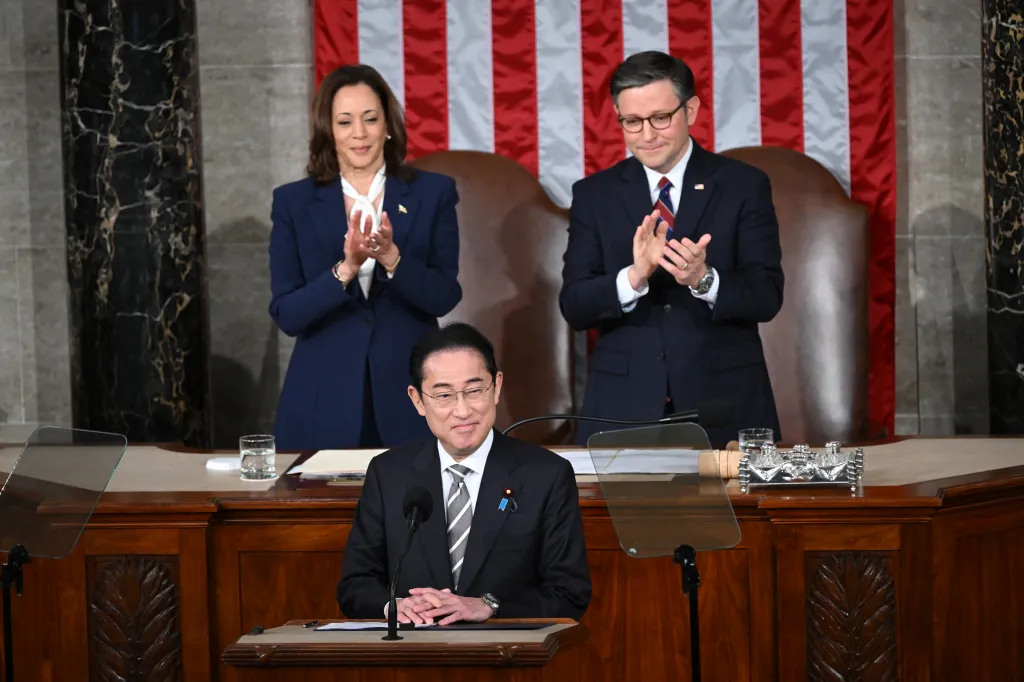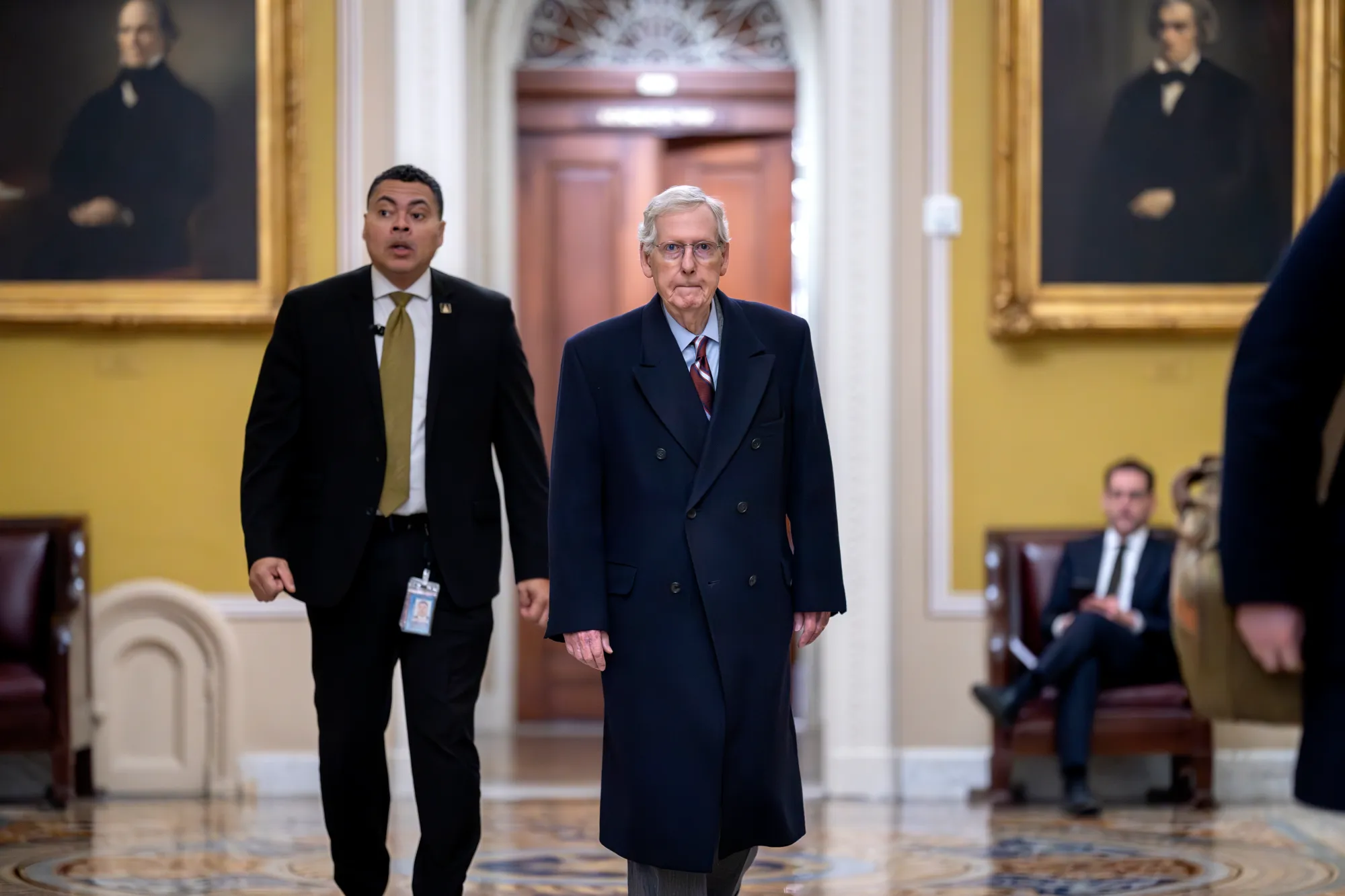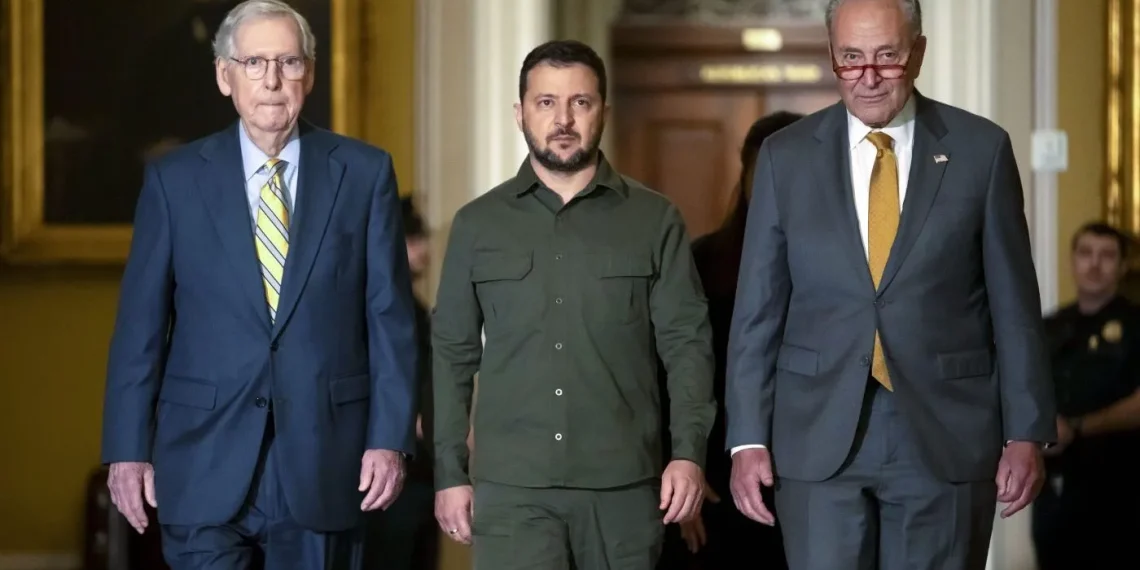A wave of foreign officials, including those from Japan, Britain, and Italy, has visited Washington in recent months, appealing to congressional Republicans to increase military aid for Ukraine.
Despite these efforts, the influence of former President Donald Trump, now a Republican presidential candidate, looms large.
Japanese Prime Minister Fumio Kishida, addressing a joint meeting of Congress, urged lawmakers to overcome “self-doubt” and support Ukraine, warning of dire consequences without U.S. assistance.

Republican House Speaker Mike Johnson, a Trump ally, has hesitated to advance legislation providing $60 billion in aid, raising questions about his stance.
Trump’s stance on Ukraine aid remains ambiguous, with past criticism of U.S. support for Ukraine contrasting with his broader foreign policy agenda.
Ukrainian President Volodymyr Zelenskiy’s pleas for military assistance, particularly air defense systems, highlight the urgency amid escalating Russian attacks.
The pressure on Congress intensifies as European leaders express deep concern about Ukraine’s ability to withstand Russian aggression without significant U.S. support.
The visits from foreign officials underscore the global anxiety and desire for American leadership in the face of geopolitical challenges.

Despite bipartisan efforts to address the crisis, divisions persist, with some Republicans questioning the need for additional aid without clear oversight or strategy.
Trump’s influence adds complexity, with his support potentially swaying Republican lawmakers’ decisions on Ukraine assistance.
Amidst these dynamics, international attention on Washington reflects the urgency of the situation and the importance of U.S. leadership in maintaining global stability.





